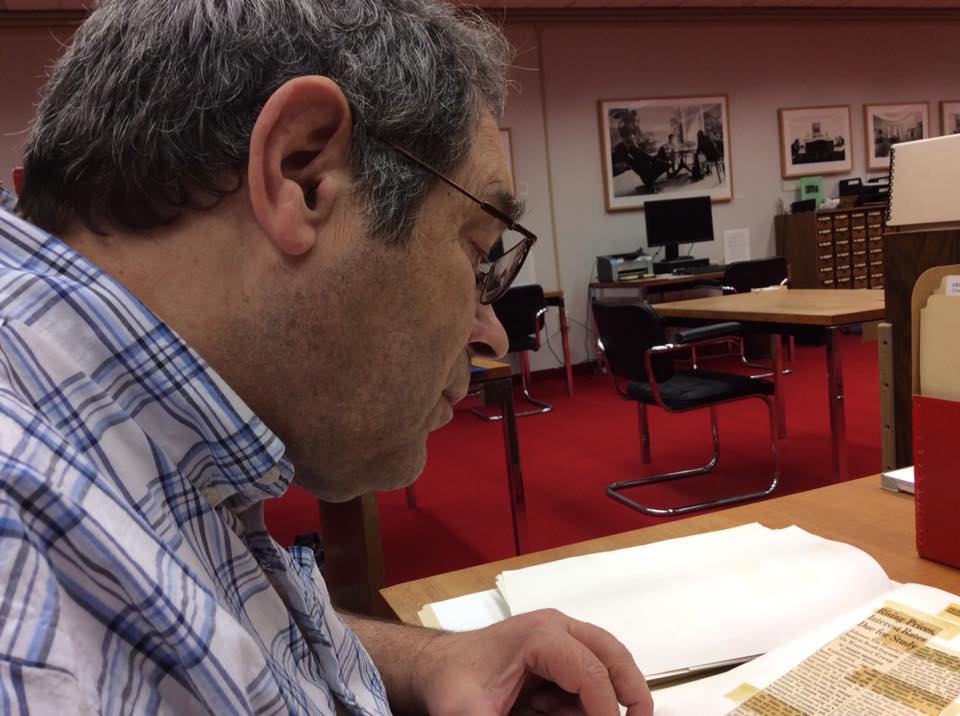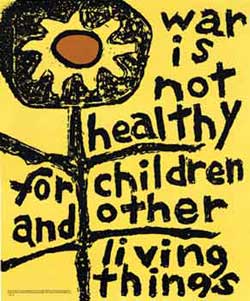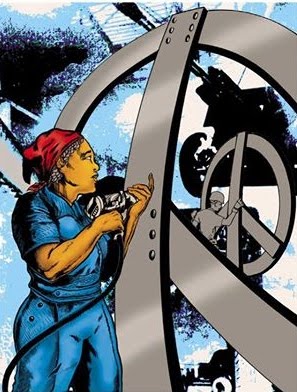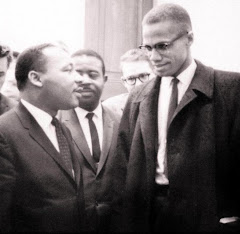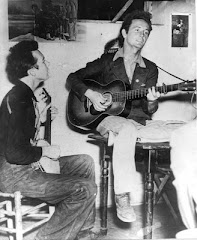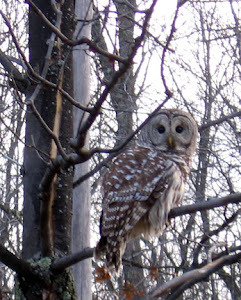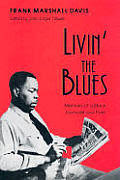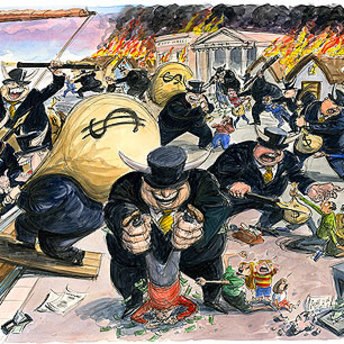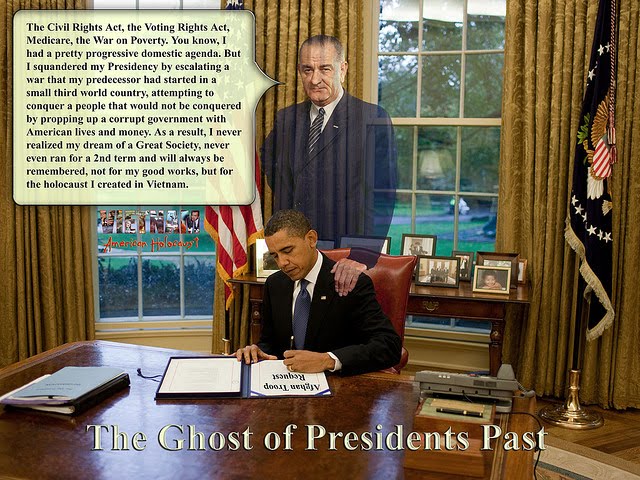My letters concerned the fact that it was being omitted from this awareness campaign that the primary offenders when it comes to the relationship between diabetes and second-hand smoke are the casinos of the Indian Gaming Industry.
Not one single newspaper out of more than 100 printed my "letters-to-the-editors" yet all health professionals and scientists state that there is a direct link between second-hand smoke and diabetes.
Not coincidentally, all of these newspapers run very lucrative advertising from casinos in the Indian Gaming Industry.
When newspaper revenues and profits are involved human health doesn't matter.
Also of concern is the fact that casino managements played a major role in funding and supporting this Walk Across America to create diabetes awareness thus assuring the connection between second-hand smoke, diabetes and casino workers didn't become an issue because as the Indian Health Service has acknowledged, it is the second-hand smoke in these casinos presenting the greatest problem when it comes to the relationship between second-hand smoke and diabetes along with cancers and heart and lung problems.
So, why was there no emphasis on the need to end smoking in the casinos of the Indian Gaming Industry? It's all about money trumping human health.
Out of one-hundred plus newspapers I monitored for reporting on the Walk Across America to create awareness of diabetes among Native American Indians, not one single reporter asked a question about the relationship between second-hand smoke and diabetes in the Indian Gaming Industry which is the major employer of Native American Indian workers. This is more than coincidental if you ask me given the direct link between second-hand smoke and diabetes since the Indian Gaming Industry is the major employer of Native American Indians and these newspapers receive major revenue from the advertising of the Indian Gaming Industry.
Here is a link to an e-mail exchange between myself and Dr. Nathaniel Cobb, MD--- a high-level official in the Indian Health Service--- quite some time ago so it wasn't like no one was aware of this issue:
http://laborjournal.blogspot.com/2009/04/letter-to-dr-nathaniel-cobb-indian.html
And here is another more recent article:
Secondhand smoke linked to diabetes
And the more secondhand smoke people are exposed to, the greater their risk of type 2 diabetes, according to the paper in Diabetes Care.
The potential risks of diabetes from being exposed to secondhand smoke weren't previously known, said Dr. David Nathan, who heads the Diabetes Center at Massachusetts General Hospital and is a professor at Harvard Medical School.
"This just reinforces the lesson from a public health point of view that we've been stressing for decades," which is to limit exposure to cigarette smoke, Nathan, who was not involved in the study, told Reuters Health.
For the new research, Dr. John P. Forman at Brigham and Women's Hospital in Boston and colleagues looked at the responses of more than 100,000 women to questionnaires they had answered in 1982.
The women -- all nurses participating in a national study that would last several decades -- provided information about how much time they spent around cigarette smoke.
During the next 24 years, about one in 18 women were diagnosed with type 2 diabetes.
Overall, about one in 13 people in the U.S. have this disease, according to the National Institutes of Health. Type 2 diabetes, in which the body can't process sugar properly, usually develops in adults. Sometimes it can be controlled by diet and exercise, but advanced cases require insulin treatment and can have life-threatening complications.
Forman's group found that women who smoked more than two packs a day had the highest odds of developing diabetes. For every 10,000 women in the study, about 30 of the heavy smokers got diabetes every year, compared to about 25 women who didn't smoke and didn't spend time exposed to other people's cigarette smoker.
The risks were actually higher for ex-smokers and for women exposed to second-hand smoke. In both of these groups, about 39 of every 10,000 women developed diabetes each year. However, once the researchers took things such as weight status, age, and family history of diabetes into account, the ex-smokers had a 12 percent higher risk of diabetes compared to women who were regularly exposed to secondhand smoke.
Even though the smokers had a lower risk of developing diabetes in this study, that doesn't mean it's better for them to continue smoking, Nathan said.
In this study, nearly all the women were white, but type 2 diabetes affects men and women fairly equally, Nathan said.
"There's no a priori reason to think that this wouldn't apply to men as well," he told Reuters Health, since the risk factors for the disease are the same for both sexes.
Nathan said no one knows why smoking and type 2 diabetes are linked, but inflammation may play a role in both.
Forman and his team did not respond to requests for comment by deadline.
Nathan noted that the study can't prove that smoking causes diabetes. It just shows they are associated with each other.
But "did we need another reason not to smoke? I don't think so," he said.
SOURCE: bit.ly/i1whLA Diabetes Care, online February 25, 2011.
Alan L. Maki
Director of Organizing,
Midwest Casino Workers Organizing Council

